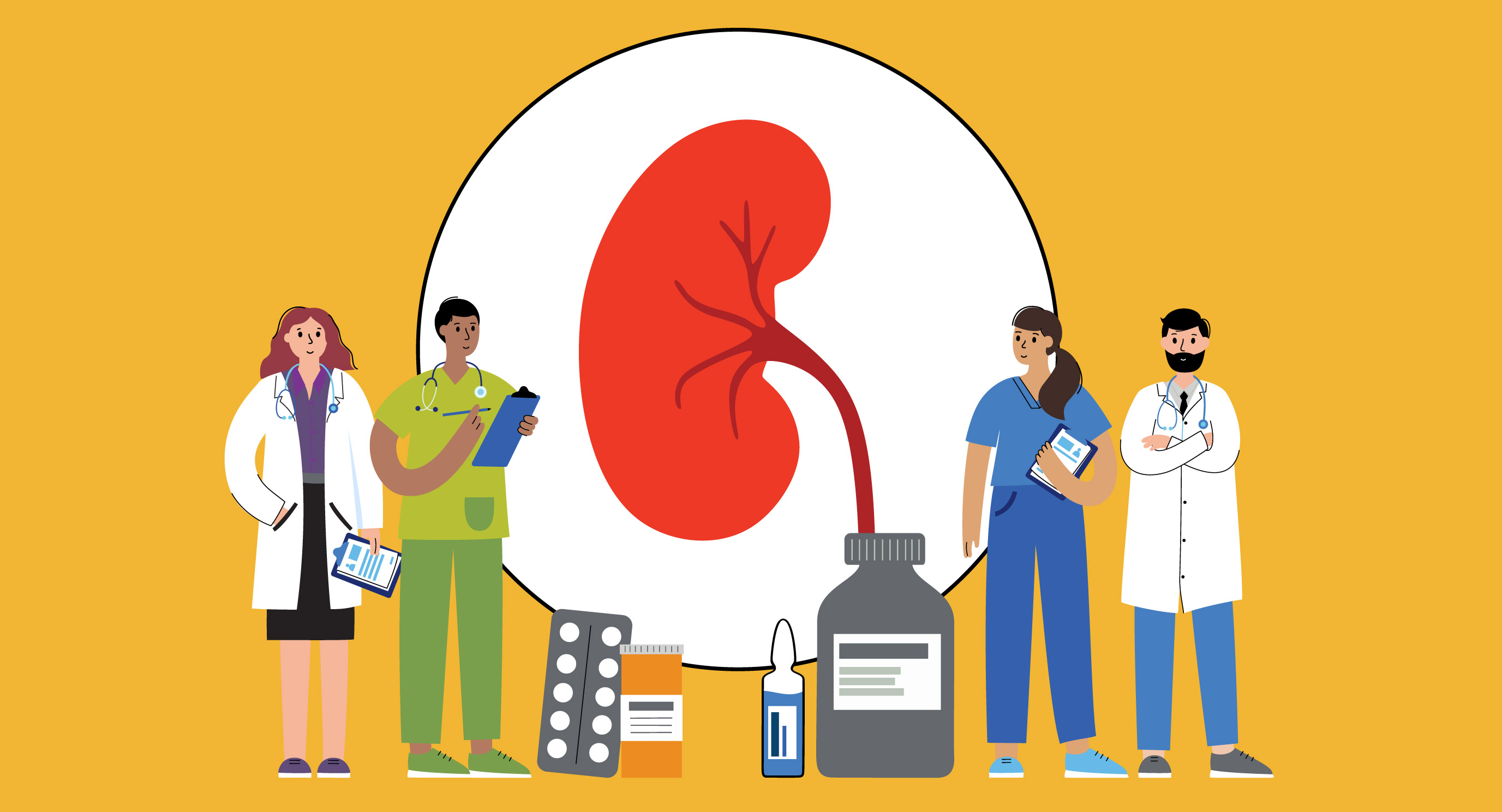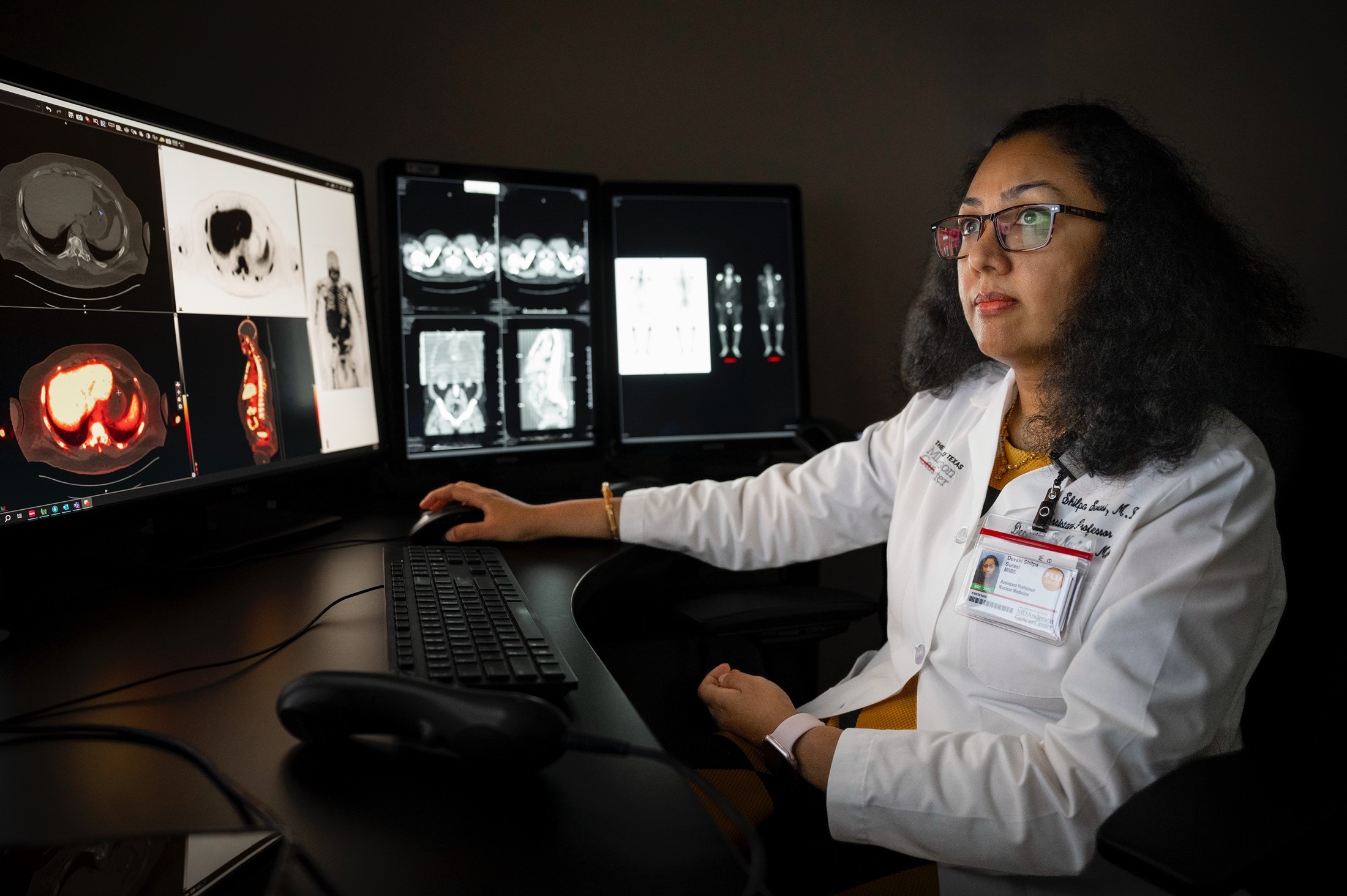- Diseases
- Acoustic Neuroma (14)
- Adrenal Gland Tumor (24)
- Anal Cancer (66)
- Anemia (2)
- Appendix Cancer (16)
- Bile Duct Cancer (26)
- Bladder Cancer (68)
- Brain Metastases (28)
- Brain Tumor (230)
- Breast Cancer (718)
- Breast Implant-Associated Anaplastic Large Cell Lymphoma (2)
- Cancer of Unknown Primary (4)
- Carcinoid Tumor (8)
- Cervical Cancer (154)
- Colon Cancer (164)
- Colorectal Cancer (110)
- Endocrine Tumor (4)
- Esophageal Cancer (42)
- Eye Cancer (36)
- Fallopian Tube Cancer (6)
- Germ Cell Tumor (4)
- Gestational Trophoblastic Disease (2)
- Head and Neck Cancer (6)
- Kidney Cancer (124)
- Leukemia (344)
- Liver Cancer (50)
- Lung Cancer (288)
- Lymphoma (284)
- Mesothelioma (14)
- Metastasis (30)
- Multiple Myeloma (98)
- Myelodysplastic Syndrome (60)
- Myeloproliferative Neoplasm (4)
- Neuroendocrine Tumors (16)
- Oral Cancer (100)
- Ovarian Cancer (170)
- Pancreatic Cancer (164)
- Parathyroid Disease (2)
- Penile Cancer (14)
- Pituitary Tumor (6)
- Prostate Cancer (144)
- Rectal Cancer (58)
- Renal Medullary Carcinoma (6)
- Salivary Gland Cancer (14)
- Sarcoma (236)
- Skin Cancer (296)
- Skull Base Tumors (56)
- Spinal Tumor (12)
- Stomach Cancer (60)
- Testicular Cancer (28)
- Throat Cancer (90)
- Thymoma (6)
- Thyroid Cancer (98)
- Tonsil Cancer (30)
- Uterine Cancer (78)
- Vaginal Cancer (14)
- Vulvar Cancer (18)
- Cancer Topic
- Adolescent and Young Adult Cancer Issues (20)
- Advance Care Planning (10)
- Biostatistics (2)
- Blood Donation (18)
- Bone Health (8)
- COVID-19 (362)
- Cancer Recurrence (120)
- Childhood Cancer Issues (120)
- Clinical Trials (628)
- Complementary Integrative Medicine (24)
- Cytogenetics (2)
- DNA Methylation (4)
- Diagnosis (230)
- Epigenetics (6)
- Fertility (64)
- Follow-up Guidelines (2)
- Health Disparities (14)
- Hereditary Cancer Syndromes (124)
- Immunology (18)
- Li-Fraumeni Syndrome (8)
- Mental Health (118)
- Molecular Diagnostics (8)
- Pain Management (62)
- Palliative Care (8)
- Pathology (10)
- Physical Therapy (18)
- Pregnancy (18)
- Prevention (898)
- Research (392)
- Second Opinion (74)
- Sexuality (16)
- Side Effects (604)
- Sleep Disorders (10)
- Stem Cell Transplantation Cellular Therapy (216)
- Support (404)
- Survivorship (322)
- Symptoms (184)
- Treatment (1776)
Meet Randal Weber, M.D., our chief patient experience officer
BY Katie Brooks
3 minute read | Published November 10, 2017
Medically Reviewed | Last reviewed by an MD Anderson Cancer Center medical professional on November 10, 2017
Many of our head and neck cancer patients know Randal Weber, M.D., as their surgeon. But Weber recently took on a new role as MD Anderson’s chief patient experience officer. In this role, Weber plays an invaluable role as we strive to offer our patients and their families the best experience possible.
What do you enjoy most away from work?
Exercise, fly fishing, reading and traveling with my family.
What’s your favorite quote?
“If I have seen further, it is by standing on the shoulders of giants.” – Isaac Newton
Tell us about your time in the Navy.
Joining the service after college and medical school was a special experience for me. For a kid from Chattanooga, Tennessee, it was a wonderful opportunity to see the world. As a battalion surgeon, I was responsible for over 1,000 Marines. I learned how to be resourceful and independent; it helped me to mature as a physician and develop my confidence.
What’s the best advice you’ve received?
Pay attention to the details. Details matter when treating patients and can make the difference between a good and bad outcome.
How did you end up specializing in head and neck cancer?
I sought a challenging specialty, and head and neck cancer surgery is both challenging and complex. When you go home at night, you want to feel like what you did was important. Treating head and neck cancer patients has been meaningful to me and impactful for my patients.
You were previously chair of our Head and Neck department. What are some things you did as chair to foster successful improvement in patients’ care and experience here?
I haven’t done anything on my own – it’s been a team effort. When we see a problem or issue that affects our patients’ quality of care or their experience, we make changes to improve the care we’re delivering. We’ve improved access to care, decreasing the time between the first call to the first appointment from 12 days to six days. We’ve changed our process for follow-up appointments for surveillance with the aim of reducing extra appointments and tests for our patients.
We’ve used data and worked with our surgeons to improve the success of surgeries. This meansfewer patients get readmitted to the hospital, fewer unplanned returns to the operating room and decreased costs.
What interested you in this role?
I’ve been chair of Head and Neck for 14 years. I’m happy with our accomplishments and am ready for a new challenge. Patient care is my passion, and that’s why I’m excited to help MD Anderson deliver patient-centered, value-driven care.
What are your priorities for the first year?
We’re first looking to our patients for their perspectives and ask about their experiences. What has been positive and negative? What are their highest priorities so that we can focus on those to improve their experience? We’ll talk to providers and ask them to identify their challenges. What are barriers to providing patient-centered care? Then, we’ll bring in key leaders to look at what’s in place and develop strategic priorities for improvement, based on the data from our patients.
What would you like everyone to know about the patient experience?
We all own the patient experience at MD Anderson and play a role. It’s important for us to think about what we would want our experience to be like if we were patients. We’d want high-quality care and great service, and that’s what we owe our patients.
A longer version of this story originally appeared in Messenger, MD Anderson’s quarterly publication for employees, volunteers, retirees and their families.
Request an appointment at MD Anderson online or by calling 1-833-475-0820.
Related Cancerwise Stories

We’d want high-quality care and great service, and that’s what we owe our patients.
Randal Weber, M.D.
Chief Patient Experience Officer





